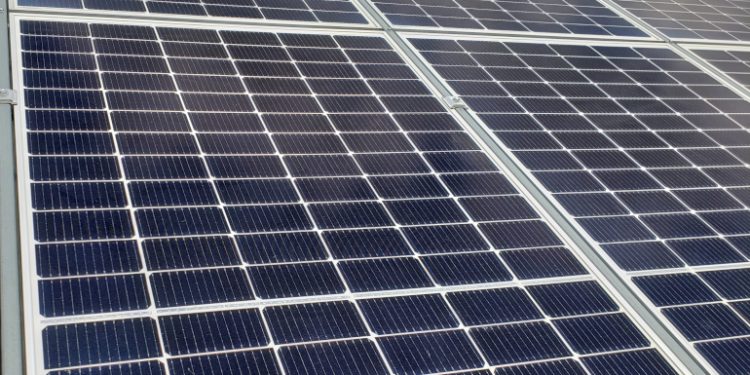The U.S. International Trade Commission has made an affirmative determination in its antidumping and countervailing duty (AD/CVD) investigation concerning silicon solar cells and panels from Cambodia, Malaysia, Thailand and Vietnam.
The affirmative final decision from the ITC that the U.S. industry has been harmed by imports from Southeast Asia means that Customs and Border Protection (CBP) can begin collecting duties on product. The Dept. of Commerce released its final tariff calculations last month. Tariffs on imports from Cambodia range from 650% to 3,500%; Malaysian tariffs range from 14% to 250%; Thai tariffs range from 375% to 972%; and Vietnamese tariffs range from 120% to 813%. Company-detailed tariff amounts can be found here.
This investigation started after a petition from a group of U.S. manufacturers, known as the American Alliance for Solar Manufacturing Trade Committee, was filed in April 2024. The group claimed that primarily Chinese solar companies were working in Southeast Asia to avoid paying existing tariffs on Chinese goods. The group also said the Chinese companies were subsidized by the four countries’ governments to work in Southeast Asia and then were dumping products into the U.S. market at prices at which domestic manufacturers could not compete.
The ITC agreed with the petitioners, and solar imports from Southeast Asia will come with new tariffs on top of any country-wide tariffs initiated by the Trump Administration already.
Advocacy group Solar Energy Industries Association (SEIA), which testified to the ITC against the petitioners, said today’s affirmative decision is “concerning for American solar manufacturers and the broader U.S. solar industry.”
“The ITC’s final affirmative injury determination adds an additional layer of tariffs that will raise costs for the solar products American companies need to build projects and grow domestic manufacturing,” said SEIA president and CEO Abigail Ross Hopper. “Today, U.S. solar cell manufacturing is growing for the first time in years, but it is still not at the scale needed to meet demand. This determination especially harms U.S. solar module producers that depend on access to imported solar cells as we ramp up domestic cell manufacturing capacity. Imposing additional tariffs on cell imports at this stage risks stalling progress and undermining the very industry they are meant to support.”
Solar Power World will update this story throughout the day as more commentary is released.


















